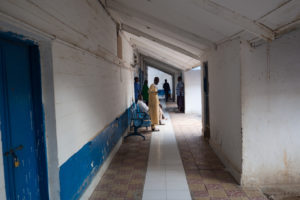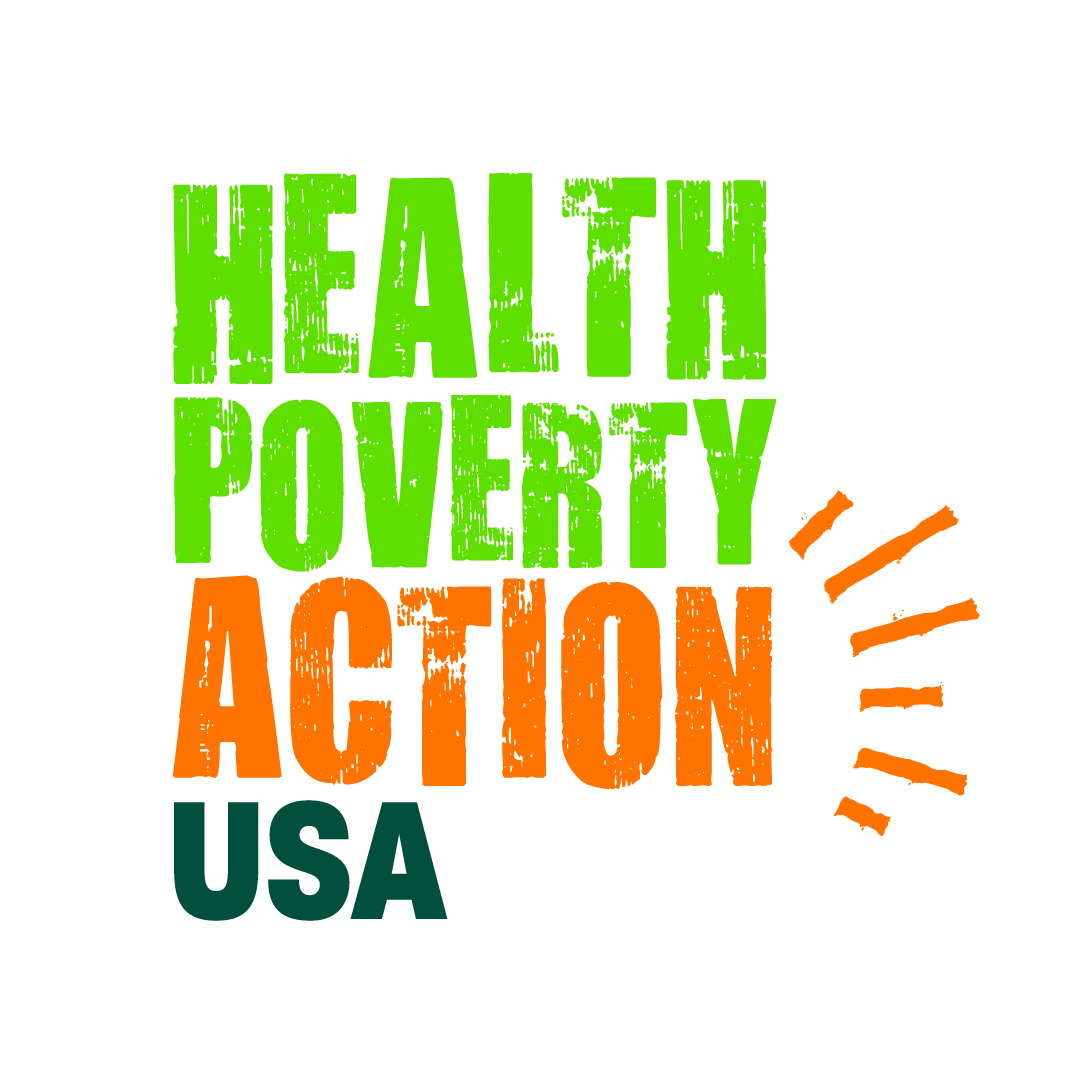The Challenge of COVID needs a radical approach
The world is facing an unprecedented health crisis. COVID-19 is one of the biggest challenges many health systems and economies have faced. As global leaders grapple with their pandemic response, it is the poorest and most marginalised who are facing the worst impacts of the virus worldwide. Existing inequalities are exacerbated, and many people face falling further into poverty.
But there is an opportunity today – both to fight for justice in the COVID response right now – and to ensure that together, we build a better future. And there is hope that global power imbalances might yet be addressed. Faced with the coronavirus pandemic, governments around the world are taking measures we have always been told are unimaginable. For example in Ghana, the government have doubled healthcare workers pay across the country. Now we need governments like ours to take more responsibility for the health and wellbeing of people around the world.
What are we doing?
Responding to the COVID-19 pandemic demands both urgent and long-term action to change the way our world is structured. Health Poverty Action works to address unequal power imbalances and distributions of wealth around the world to tackle the root causes of poor health.
Healthcare as a right, not a commodity
A lack of funding and other issues has left many countries with chronically weak public healthcare. At the same time, better quality care is often available through private profit-making hospitals and clinics – but only for people who can afford to pay expensive fees or insurance costs. As people face the pandemic, access to quality treatment and care will, all too frequently, be determined by whether they’re able to pay. This simply isn’t right.

For example, we’ve already seen private for-profit hospitals refusing to treat patients with COVID-19, private insurance providers not guaranteeing coverage for the virus, and high upfront charges for people seeking treatment for it. This risks leaving people without the treatment they urgently need or facing financial hardship as a result of seeking care. All while healthcare providers and insurers are allowed to choose how well they protect their patients in this unprecedented health crisis.

